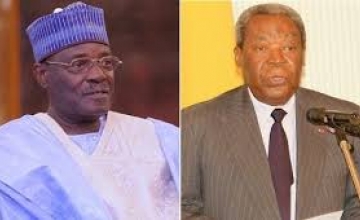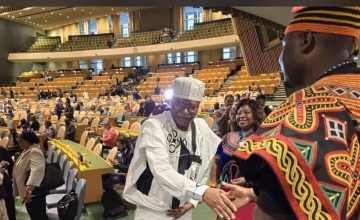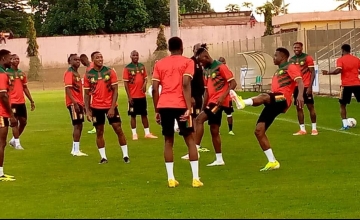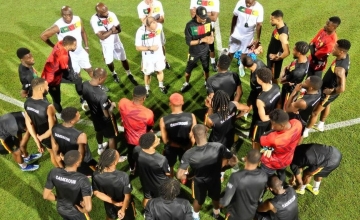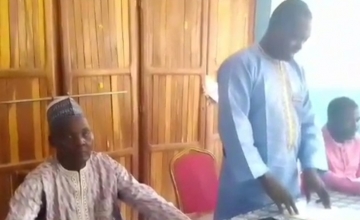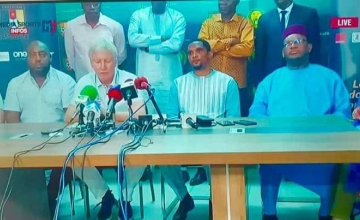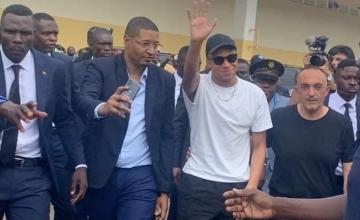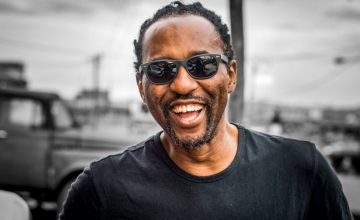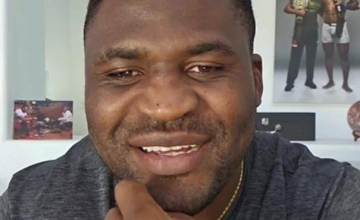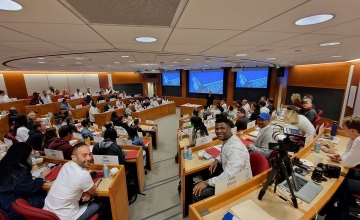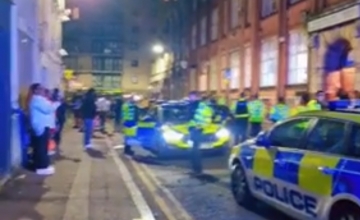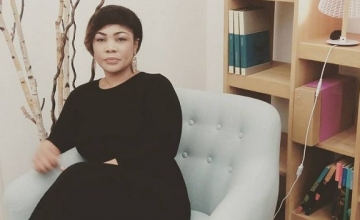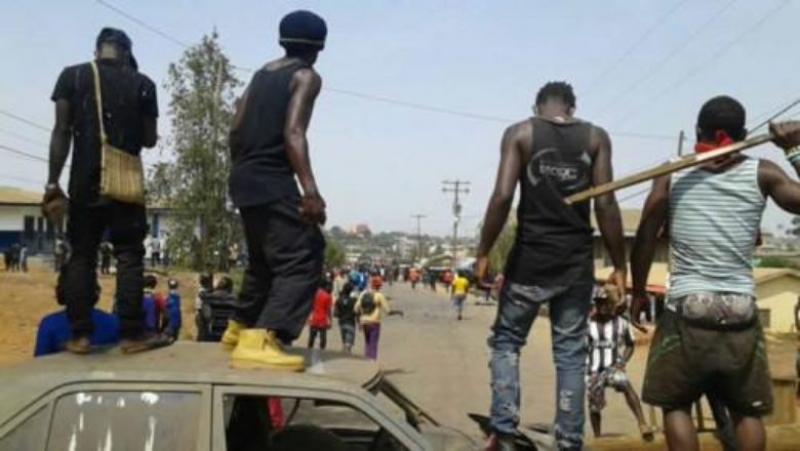
He said the decision reflects U.S. commitment to advance dialogue to peacefully resolve the Anglophone crisis and support respect for human rights.
“The United States strongly supports the Cameroonian people, and we remain committed to working together to advance democracy and mutual prosperity for both our countries,” said Blinken.
Following the commitment, experts and pundits say the U.S. should go a step further to arrest and prosecute the instigators of the violence and hate rocking Cameroon’s North-West and South-West regions.
Hear Blinken: “The United States is deeply concerned by the continued violence in the Anglophone regions of Cameroon. We continue to call for both the Cameroonian government and separatist armed groups to end the violence and engage in a dialogue without preconditions to peacefully resolve the crisis. It is important that children can attend school and that humanitarian aid can be delivered. We urge all relevant stakeholders in Cameroon and in the diaspora to engage constructively and seek a peaceful resolution to the crisis.
“We condemn those who undermine peace through engaging in or inciting violence, human rights violations and abuses, and threats against advocates for peace or humanitarian workers.”
Since 2017, the two English-speaking regions of Cameroon have been caught in the throes of a war in which rebels have been sparring with government forces in order to create a breakaway state they call Ambazonia.
Some human rights organizations report that the crisis has resulted in more than 3500 deaths and over 730,000 internally displaced persons.
While the U.S. visa restriction announcement does not name specific individuals or groups of individuals that might be directly targeted by the sanctions, it is a widely held view that separatist leaders and apologists will bear most of the brunt given that they have repeatedly trafficked in social media propaganda and other incendiary forms of communication.
Operating mainly from the US and some countries in Europe, these individuals have repeatedly claimed cover from justice by virtue of living in the diaspora. Others have sought asylum from the U.S. government, and the promise of achieving this on-demand has helped emboldened toxic rhetoric from these individuals.
In many ways, they have exploited these perceived firewalls to fan the flames of the crisis. Until the announcement from the state department, the US has skirted between passiveness and half-hearted action. The consequence of separatists propaganda, coupled with the lack of dissuading action from foreign governments like the US has been insidious violence directed mainly at civilians.
The New Humanitarian in its February 6, 2020, Brief on the crisis, captured separatist activities affecting the population including sporadic declarations of ghost town operations, forbidding participation in national, regional, and council elections, threats, kidnap and killing of civilians, and the closing of over 80- percent of schools in the Anglophone regions.
Human Rights Watch documented at least 25 cases of kidnapping of candidates running for elections in November 2019 and over 100 people in the same month. Humanitarian aid workers have equally been targeted by separatists including four staff from COMINSUD and three staff from the Martin Luther King Jr. Memorial Foundation.
The recent decision from the US state department would rescind applications of Cameroonian asylum seekers and cancel resident permits/green cards of individuals found guilty of instigating violence. The decision comes after repeated calls from Cameroon’s president, Paul Biya to varied foreign governments, to take action against Cameroonians stoking atrocities in the Anglophone regions from the safety of their countries.
Focused Target
The move by the State Department does not target government officials who are largely believed to be working in line with the President’s more pacifist approach. Members of the government have clamored for peace in the restive regions while engaging in state action to protect people and property from separatists’ aggression and violence.
Arrest of War Sponsors in the Offing
The US in the near future will also announce the arrest of Cameroonians living in the US, sources have hinted. They are linked to the smuggling of weapons into the North West and South West Regions of Cameroon. Guns used by separatists to carry out operations in the crisis-hit regions.
It would appear the US has heeded the counsel of Cameroonian authorities and Yaounde could see such an action as a commitment by the US for peace to return.
“In fact, this new policy seems to explain the recent public indictment of three Cameroonians based in the United States for peddling arms through Nigeria into Cameroon. The days ahead will be taxing for such individuals as the US Departments of Homeland Security and Justice continues to investigate those Cameroonians based in the USA from where they finance and perpetrated violence in the North-West and South-West regions,” says John Chika who lives in Syracuse, New York.

